Politics and Government: Organizations and Institutions

Roselle Ungar
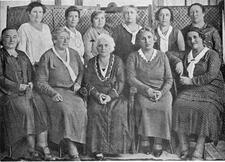
Union of Hebrew Women for Equal Rights in Erez Israel
Union of Jewish Women
Influenced by their American counterparts, Anglo-Jewish women organized a Conference of Jewish Women in 1902, which led to the foundation of a national organization, the Union of Jewish Women. The UJW determined the social service agenda for English Jewish women until World War I.
Rose Viteles
Rose Viteles was an American-born social worker and volunteer who, after moving to Palestine in 1925, became involved in the operations of several Zionist organizations including Hadassah and the Haganah. Her help was essential before and during Israel’s War of Independence.

Diane Von Furstenberg
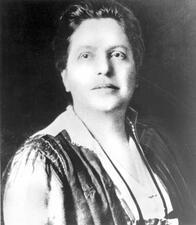
Lillian D. Wald
Guided by her vision of a unified humanity, Lillian D. Wald passionately dedicated herself to bettering the lives and working conditions of immigrants, women, and children. She founded the Henry Street Settlement in New York City and initiated America’s first public-school nursing program. A talented activist and administrator, Wald’s pathbreaking work continues to be memorialized.
Käte Wallach
Käte Wallach was a German lawyer who, due to her being Jewish, was unable to practice law in her country. After migrating to the United States in 1935, Wallach re-enrolled in law school, during which she was enthralled by library science and became a prominent scholar in both fields.
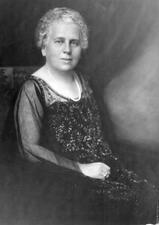
Frieda Schiff Warburg
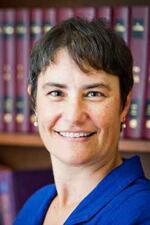
Deborah Waxman
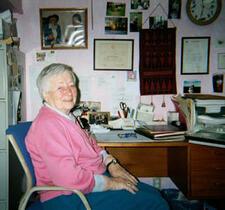
Gertrude Webb
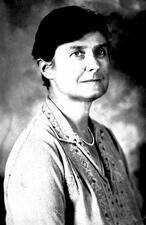
Gertrude Weil
A dedicated activist for women’s rights and racial equality, Gertrude Weil showed that local, small-scale political action could have far-reaching effects. Her decision to associate herself with a relatively radical social and political agenda was unusual for a southern woman and even more uncommon for a southern Jew. Weil, however, strayed from this norm, because she believed that women had a responsibility to participate in the political process.
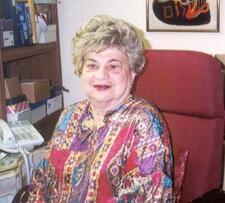
Hanna Weinberg
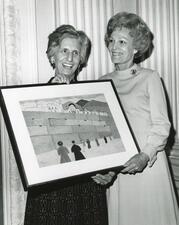
Josephine Stern Weiner

Randi Weingarten
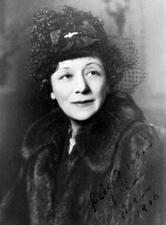
Vera Weizmann
A Zionist and a physician, Vera Weizmann was a founding member of the WIZO. She accompanied and assisted her husband Chaim, the president of the Zionist Federation of Britain and first president of Israel, as he negotiated the founding of a Jewish state.

Rosa Welt-Straus
Esther Ziskind Weltman
Trustee and philanthropist Esther Ziskind Weltman was instrumental in giving shape and focus to Jewish philanthropy in the United States in the post–World War II years.
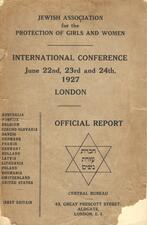
Jewish Association for the Protection of Girls and Women.
International Conference, June 22nd, 23rd, and 24th, 1927. London.
Official Report. Central Bureau. 45, Great Prescott Street, Aldgate, London, E.1.
Australia, Austria, Belgium, Czecho-Slovakia, Danzig, Denmark, France, Germany, Holland, Latvia, Lithuania, Poland, Roumania, Switzerland, United States, Great Britain.
White Slavery
“White slavery traffic” was an expansion of the prostitution that spread throughout the world in the first years of the twentieth century, following the massive emigration to the New World and resulting from the growing poverty and misery of European women in the age of industrialization. Jewish women were particularly vulnerable in a hostile environment, and Jewish women's organizations played an active role in the international struggle against this plague.
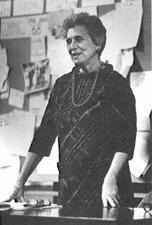
Pearl Willen
Pearl Willen was a twentieth-century social and human welfare activist and communal leader with a love for Jewish heritage. She had a lifelong record of service for such causes as civil rights, women’s rights, and the rights of workers.
Henrietta Scheuer Wimpfheimer
Gertrude Wineman
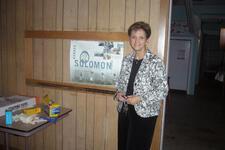
Carol Wise

WIZO in Israel: 1970-2005
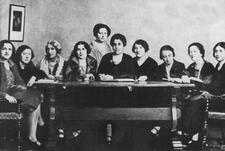
WIZO: Women's International Zionist Organization (1920-1970)
The Women’s International Zionist Organization (WIZO) was founded in 1920 for and by women who wanted to participate in the Zionist project. It especially supported women immigrant’s settlement in Palestine through education, agricultural and professional training, childcare, healthcare, and welfare.
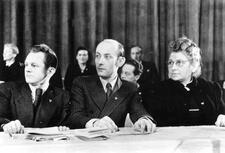
Jeanette Wolff
A well-known Social Democrat and Holocaust survivor committed to equal rights for women and sustained Jewish existence in Germany, Jeanette Wolff refused to compromise her socio-political beliefs. She was active in the SPD both before and after the war and served on the denazification committee in post-war Berlin .


